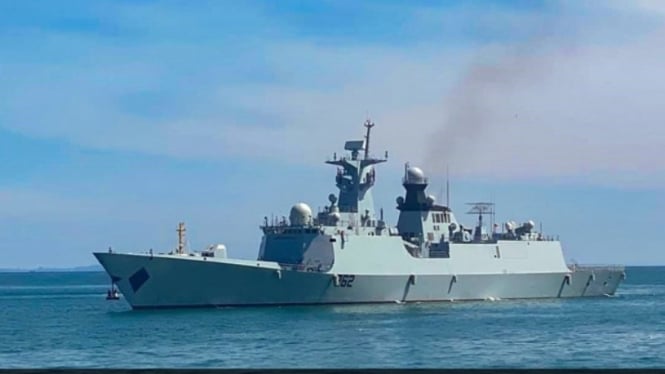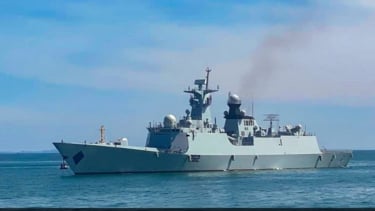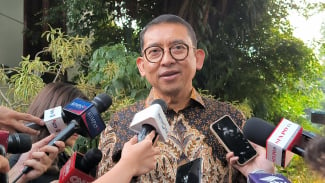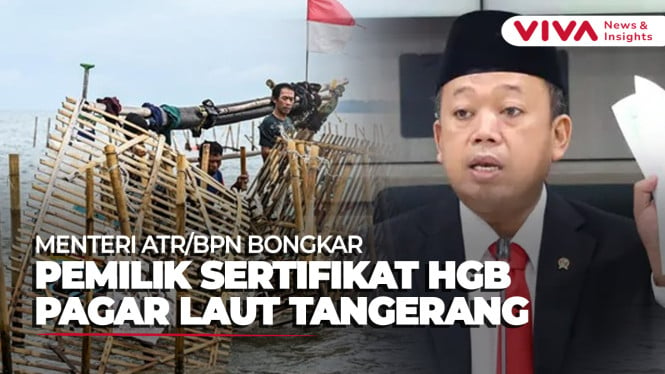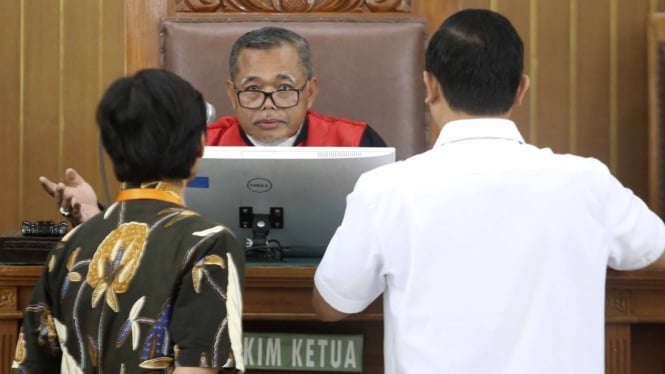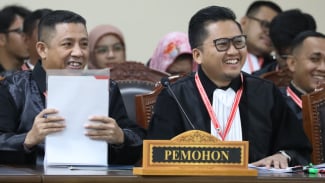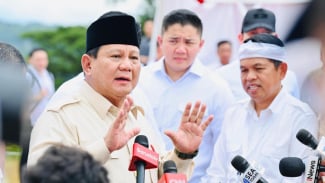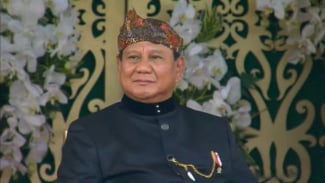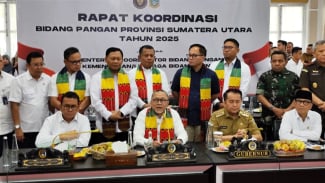China's Natuna Aggression Challenges Indonesia's Defense Diplomacy
- NDTV.
Jakarta, VIVA – China's defense diplomacy efforts in Southeast Asia have been described as a “double-edged sword.” On one hand, China appears to seek closer ties with Southeast Asian nations, including Indonesia.
However, China also continues to assert claims over large portions of the South China Sea, often taking aggressive stances in the region, including within Indonesia's Exclusive Economic Zone (EEZ) near the Natuna Islands, now referred to as the North Natuna Sea. Consequently, experts advise Indonesia to approach China’s diplomatic overtures with caution, considering the underlying challenges.
This perspective was highlighted at a seminar titled “China's Defense Diplomacy in Southeast Asia: Opportunities and Challenges for Indonesia,” held on October 31, 2024, by the Maritime Security Program at the Faculty of National Security (FKN), the Indonesian Defense University (UnHan RI), and the Sinology Forum Indonesia (FSI).
Led by FSI Chairman Johanes Herlijanto, Ph.D., the event featured speakers including retired Rear Admiral Budiman Djoko Said of the Indonesian Navy and maritime security expert Ristian Atriandi Supriyanto, M.Sc. Attendees included senior officers from the Indonesian Navy and Maritime Security Agency (Bakamla), as well as Indonesian academics and defense strategists.
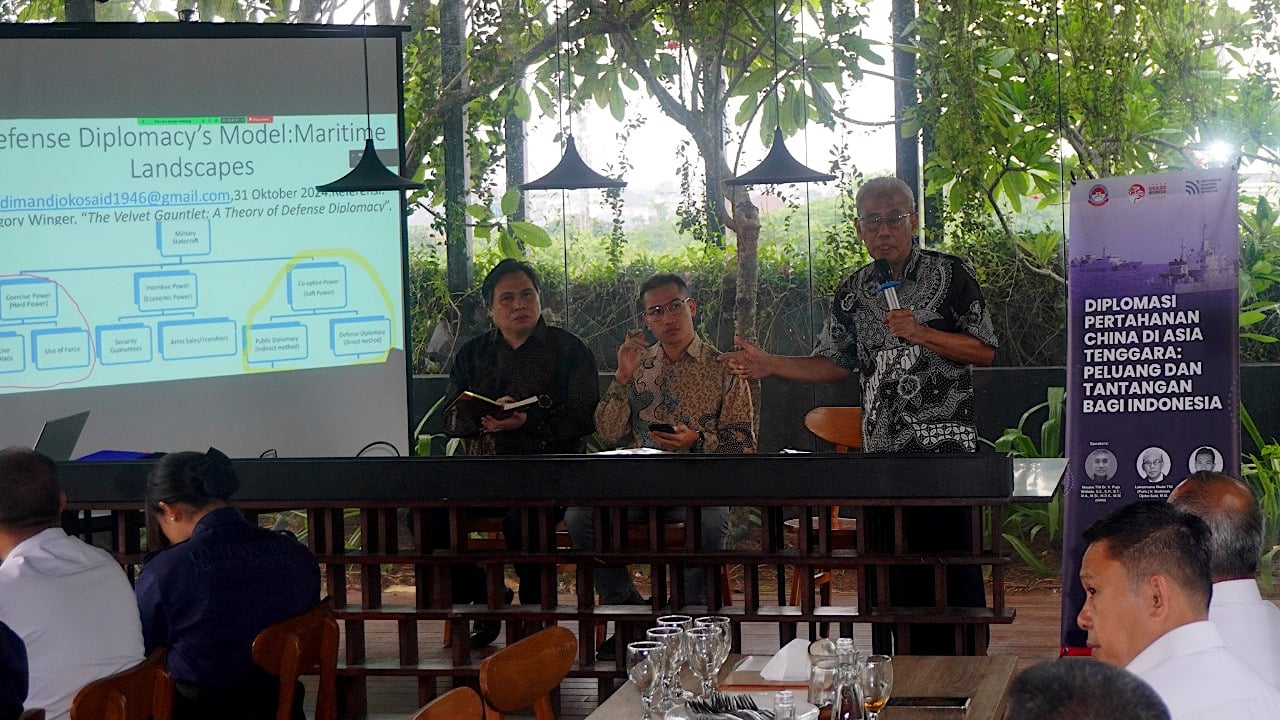
FKN Dean Major General Pujo Widodo emphasized the seminar's relevance, citing intensified competition between the U.S. and China over influence in Southeast Asia, with both parties seeking control over areas like the Paracel and Spratly Islands.
"Indonesia has proposed a Code of Conduct to restrain China’s actions," Pujo stated, though he noted ASEAN's disunity on the issue. Pujo elaborated that defense diplomacy must focus on safeguarding sovereignty, territorial integrity, and national safety, adding, “Our military is deployed to secure these three principles.”
Supporting this notion, Herlijanto pointed to recent incidents, including multiple intrusions by China’s Coast Guard into Indonesia’s jurisdiction near Natuna. "Just last week, Bakamla successfully drove out Chinese vessels in Natuna waters,” he noted.
Rear Admiral (Ret.) Budiman highlighted China's calculated, gradual tactics to expand its influence. “China has prioritized maritime strength as its core interest, a policy rooted in Deng Xiaoping's era,” Budiman explained, urging Indonesia to emulate China’s maritime focus.
“Without maritime power, don’t even attempt diplomacy,” he stated. He also called for a robust Indonesian strategy to counter external pressures, suggesting the Ministry of Defense should lead this effort.
Ristian Atriandi argued that China’s approach is more military than defensive, “driven by Communist Party interests,” yet he acknowledged the importance of constructive defense diplomacy with China to reduce tensions at sea.
“Indonesia’s non-aligned stance is reinforced through such diplomatic engagements,” he said, but warned of potential downsides. “Firstly, it hasn’t curbed China’s assertiveness in Natuna. Secondly, it could enable China to assess our capabilities,” he cautioned.
A representative from Indonesia's Defense Ministry stressed that Indonesia's non-alignment remains intact. “Our defense partnerships do not compromise our commitment to international law, especially UNCLOS,” he stated, affirming that Indonesia seeks to balance national interests with global principles.
